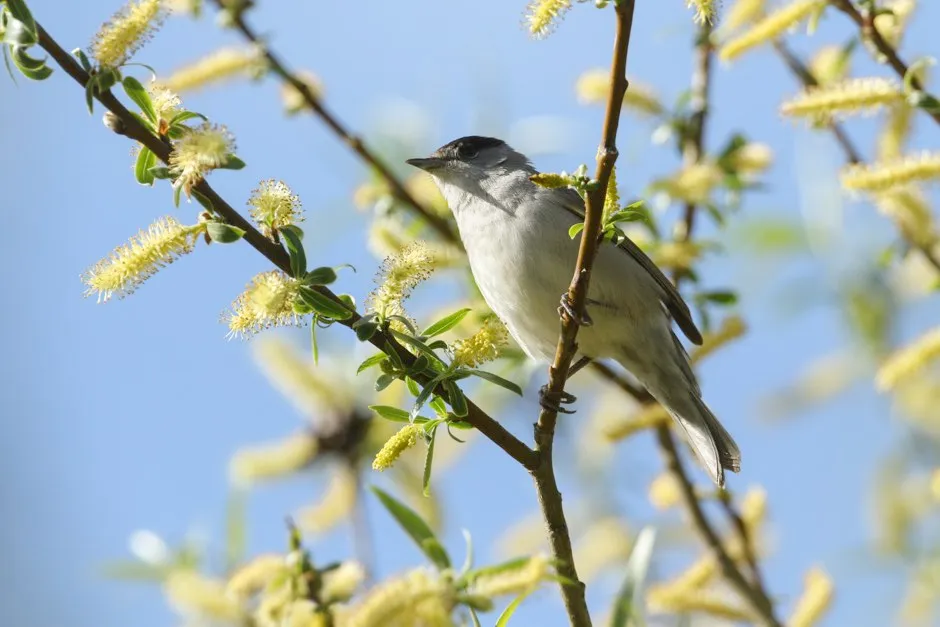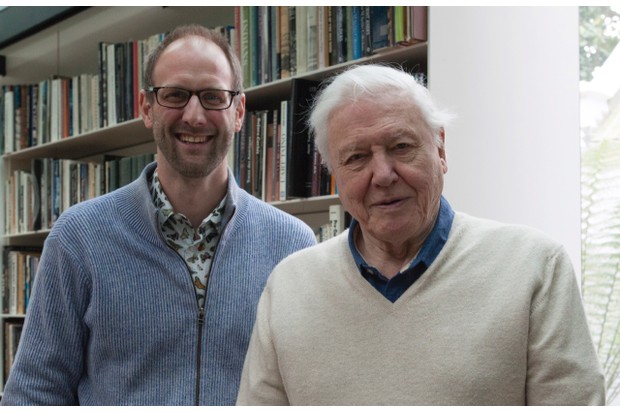Why are people worried about feeding birds?
Throwing handfuls of bread to ducks is a childhood rite of passage that many, myself included, have long seen as harmless enough. But in recent years, some scientists have suggested that bread might not do birds’ digestive systems any good.
Organisations such as the UK’s Canal and River Trust have also recently discouraged it. They say that as uneaten food decays, the water quality deteriorates and algal blooms can occur. Plus, by encouraging ducks to congregate in one place, the build-up of droppings and outbreaks of disease such as botulism may become a problem too.
Meanwhile, many cities have signs telling us not to feed pigeons and gulls, which are deemed a ‘nuisance’ due to the mess they make, and because scattering bread inevitably attracts rats and mice.
It seems that the public has heeded these warnings, and that fewer of us now feed birds this way. In October, a homemade sign went up in a Derbyshire park claiming that the local mallards and other quackers were dying of starvation, and imploring visitors to carry on feeding them as before.
When online posts about the notice went viral, feathers flew as ornithologists and conservationists debated the merits of doling out bread to wildfowl. So who is right?
Read more about birds:
How does bread affect birds?
Paul Stancliffe of the British Trust for Ornithology (BTO) points out that there’s scant scientific evidence for bread harming birds, adding that, as little research has been done, it could even turn out to be beneficial.
“We just don’t know,” he says. So although bread is a heavily processed ‘unnatural’ foodstuff intended for humans, that alone may be insufficient grounds for not feeding it to birds.
In the 1980s, the Wildfowl & Wetlands Trust (WWT) carried out a comparative study of different flocks of mute swans, and the birds that guzzled the most bread had weaker muscles, implying that a bread-heavy diet might be the cause.
“Our official line is that bread is okay for ducks, geese and swans, but only in moderation,” says WWT’s Peter Morris. “However, this advice comes with several other caveats.”

The first is that it’s best offered in winter, when there is less plant and insect food around. In spring and summer, too much artificial food may not be a good idea, since young wildfowl have to learn how to fend for themselves and natural food will contain a wider range of nutrients to help them grow.
“Just like us, birds need a varied diet to stay healthy,” says a spokesperson for the Royal Society for the Protection of Birds (RSPB). “Although ducks, geese and swans can digest all types of bread, too much can leave them feeling full without giving them all of the important vitamins, minerals and nutrients they need.”
When bird feeding first became popular in the UK in the 19th Century, some Victorians preached tough love, arguing that such handouts would only make our feathered friends lazy and dependent on welfare.
Such moralising sounds old-fashioned nowadays, but may have a grain of truth. Morris says that there is a theory that wildfowl can get ‘hooked’ on easy meals, losing interest in other types of food. Another danger, he says, is that birds fed regularly end up tame and habituated to humans, placing themselves at greater risk of predation.
Is there a way to safely feed ducks?
Both the RSPB and WWT point out that, even if everyone feeds bread in only small amounts, that still adds up to quite a lot. We have no way of knowing what else a duck, goose or swan at the local park has been eating.
So what can we safely give these birds instead? “We encourage people to use things like sweetcorn, porridge oats, crumbled biscuits and defrosted frozen peas, as well as bird seed,” the RSPB spokesperson says. The WWT agrees, and additionally recommends chopped green vegetables.
Read more fromReality Check:
- Eco-anxiety: How does the human mind deal with existential threats?
- Whales and dolphins: Why are more of them beaching around the UK?
- Antibiotic resistance: is it really as bad as climate change?
Can I feed the birds in my garden?
One thing is certain: feeding birds is now big business, with UK consumers spending between £150m and £200m a year on bird food. The vast majority goes on seeds, peanuts and fat balls for garden birdfeeders, rather than birdseed for ducks and other wildfowl.
“We are a nation of gardeners who have become a nation of garden-bird lovers,” wrote naturalist Stephen Moss in his 2011 book Birds Britannia. This national obsession has had a dramatic effect on bird numbers, boosting those of species such as the goldfinch and long-tailed tit.
It has even influenced evolution itself. Some populations of an insectivorous warbler called the blackcap have started to visit gardens in southern Britain in winter, attracted by the food on offer. They have even begun evolving a longer, narrower bill better suited to feeding on sunflower seeds.

Whether in a garden or park, feeding birds is for many of us our first memory of interacting with nature in the wild.
As the RSPB says: “This experience can be an important step towards understanding our natural world and appreciating that we all play a role in caring for it. And, as we all become more concerned about becoming increasingly disconnected with our natural world, it is important we encourage people to feed the birds and enjoy the wildlife around them.”
Visit the BBC's Reality Check website at bit.ly/reality_check_ or follow them on Twitter@BBCRealityCheck
